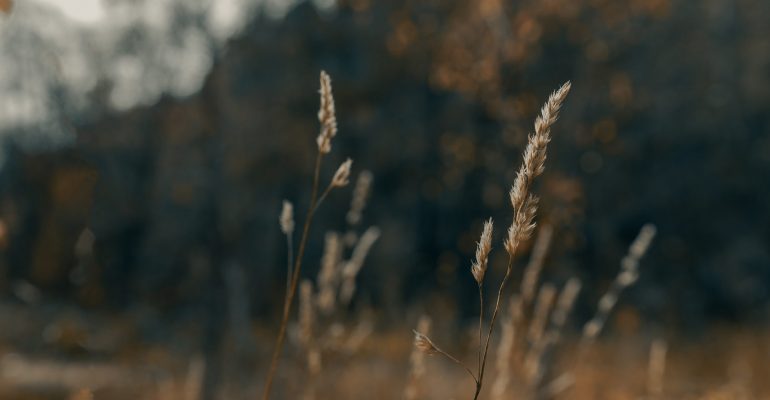WHAT ARE MONOCULTURES?
Across Africa there are many farms that only grow one type of crop, called ‘monocultures’.
One cause is that aid organisations may provide seeds to communities with low seed supplies due to events like droughts. However, they will often only provide one type of non-local seed.
Large companies may sell seeds to farmers so they can buy the harvested crop. Companies can make more money selling one variety of crop, so will only sell one type of seed to farmers.
Growing monocultures is not a secure way of farming. Monocultures of non-local crops are less suited to the specific conditions of the farms, like the soil type or usual rainfall levels. The one variety may also be at risk from stresses like pests, diseases, and climate change.
For more details, see: https://rightforeducation.org/2016/08/17/climate-change-crop-diversification/.
A farm could lose the whole harvest if the one plant grown fails.
For farmers who rely on their own crops for food, monocultures reduce the range of crops they eat. They then miss out on the health benefits of eating a range of nutrients from different crops.
Additionally, the soil becomes poorer each year as monocultures continuously remove the same types of nutrients from the soil. This means the crop will have a worse harvest each year.
THE IMPORTANCE OF A DIVERSE RANGE OF CROPS
Different crops can cope with different stresses. For example, coffee needs more shade than groundnut plants. Growing both coffee and groundnut will mean that a farmer can use both a shady field and a less shady field to grow crops.
Having two or more crops means it is less likely they will all fail.
HOW ARE COMMUNITY SEED BANKS HELPING?
Like regular banks store money, seed banks store seeds. They are often set up by non-government organisations but local people manage them. Farmers can go to the seed bank and borrow a larger range of local seeds than big companies would offer.
Farmers plant the seeds from community seed banks, harvest them, and use the seeds from that harvest for their next planting. They then return excess seeds from their harvest back to the seed bank for other farmers to use.
Through seed banks, the whole farming community can share the good seeds from one farm. This means that the banks will grow each year as more farmers use them.
Seed banks safely store the seeds and protect farmers from damage that can occur to seeds if stored at their homes, like fire or theft.
For example, in Zimbabwe, maize is a very common crop grown by small-scale farmers. Because of climate change, the crop is regularly failing. Farmers who grew maize can now also grow several other crops (with seeds from the seed bank). Chickpeas and sorghum from seed banks are becoming more popular instead as they can grow in warmer climates. This helps make sure that they will have at least one good harvest.

